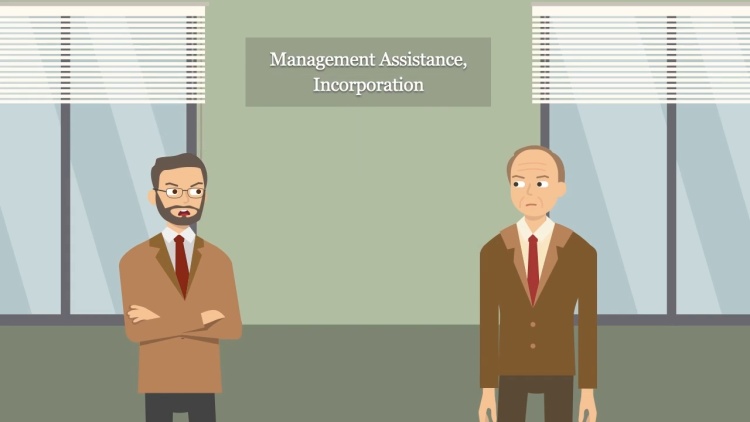Diamond v. Oreamuno
New York Court of Appeals
24 N.Y..2d 494, 248 N.E.2d 910, 301 N.Y.S.2d 78 (1969)
- Written by Katherine Li, JD
Facts
Management Assistance, Inc. (MAI) financed computer installations through sale-and-leaseback arrangements. Under the arrangements, MAI would maintain the computers. Due to a lack of capacity, MAI asked the computer manufacturer to maintain the machines. This increased MAI’s expenses and reduced its net earnings. This information was not available to the public. Oreamuno and Gonzalez (defendants), MAI’s chairman and president, respectively, had this information. The defendants sold a large amount of MAI stock before the news came out, and the stock price fell significantly. The defendants had held the securities for more than six months before they sold them. Diamond (plaintiff), a shareholder of MAI, brought a derivative action against Oreamuno and Gonzalez, alleging a breach of fiduciary duties and seeking to compel an accounting for the profits on the sales they realized using their privileged position and inside information. The defendants moved to dismiss the complaint for failure to state a claim, arguing that there was no injury to MAI, and thus the corporation should not recover the profits. The defendants further argued that the federal regulatory scheme preempted state law in this area. The motion was denied.
Rule of Law
Issue
Holding and Reasoning (Fuld, C.J.)
What to do next…
Here's why 911,000 law students have relied on our case briefs:
- Written by law professors and practitioners, not other law students. 47,100 briefs, keyed to 997 casebooks. Top-notch customer support.
- The right amount of information, includes the facts, issues, rule of law, holding and reasoning, and any concurrences and dissents.
- Access in your classes, works on your mobile and tablet. Massive library of related video lessons and high quality multiple-choice questions.
- Easy to use, uniform format for every case brief. Written in plain English, not in legalese. Our briefs summarize and simplify; they don’t just repeat the court’s language.





